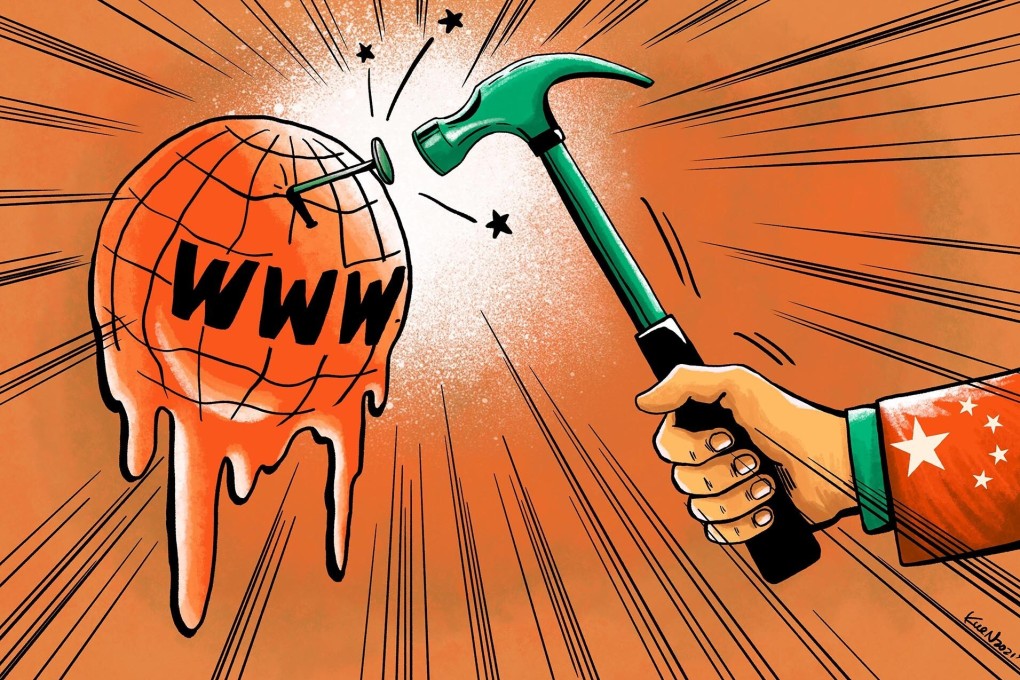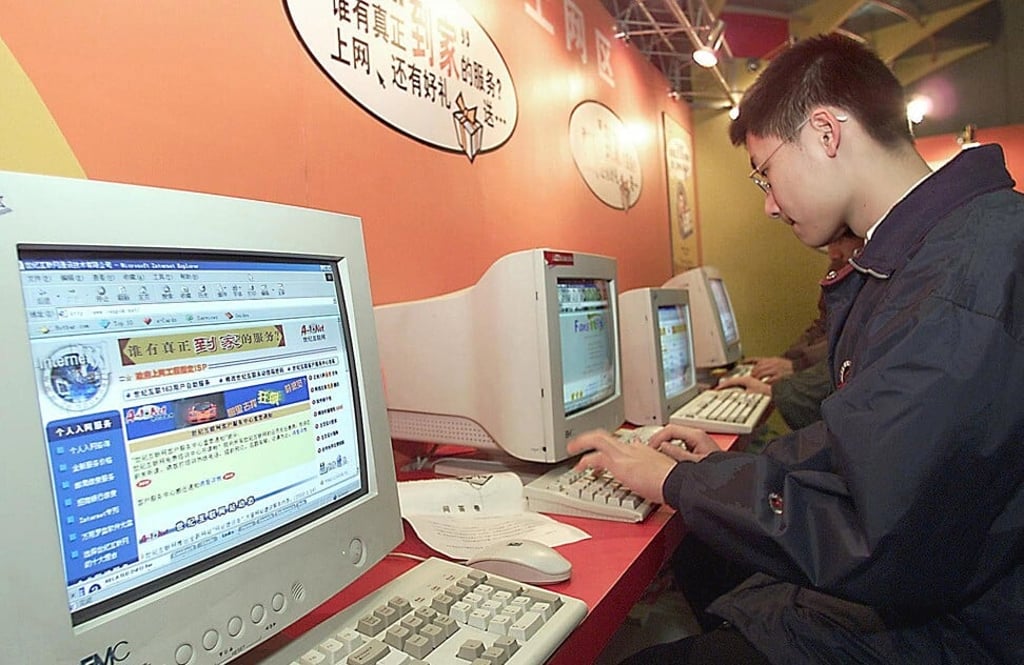How China wants to keep controlling the internet
- A new draft of China’s updated online service regulation spells out the powers and roles of three main government bodies overseeing the internet
- The Chinese model presents an alternative to the Western model as countries search for a way to better supervise online activities

The Chinese government has made technology and innovation key priorities in its development plans for the next five years, as it strives to build a “Digital China” and overtake the US as the world’s No 1 economy. In this second part of a series looking at the politicisation of China’s internet landscape, we explain how the planned revamp of a two-decade-old internet regulation could reshape the country’s digital future.
Now Beijing is prepared to further tighten its grip.

The new version of the regulation has absorbed China’s experience in managing the internet over the years, making it more comprehensive and modern, said Wang Sixin, a law professor at the Communication University of China.
The draft also provides more clarity about the roles of different government bodies, according to Rogier Creemers, China Digital Economy Fellow at New America and postdoctoral scholar in the Law and Governance of China at Leiden University.